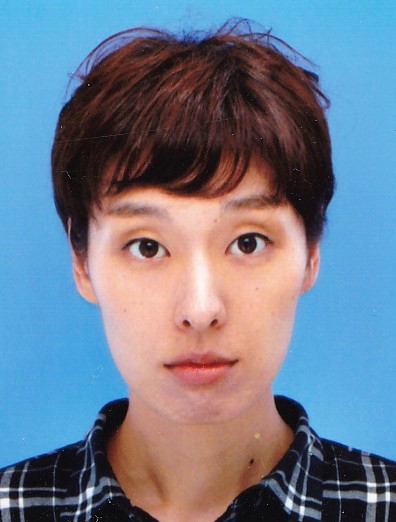
Yukiko SHUKURI Associate Professor
| Fields | Sociolinguistics, Japanese Language Education |
|---|---|
| Data | Research Map |
I research about the relationship between language and character (the character roles that people play) while teaching Japanese to non-native speakers.
In the expression “joseitaku-mae wo sowa-sowa ittari kitari suru” (nervously pace back and forth in front of a girl’s house) would likely be associated with someone who is nervous about going on a date with her, but the expression “joseitaku-mae wo midari-ni urotsuku” (randomly prowl about in front of a girl’s house) would likely be associated with perversion. Though the actions taken in these expressions are (almost) the same, the expression describing them also prescribes a certain character to the actor. While teaching Japanese to non-native speakers, I have found several mismatches between a learner’s intended expression and the feeling that they created by accidentally assigning the wrong character, which prompted my interest in the topic.
“Shumatsu, nani-o shimashita ka?” (What did you do on the weekend?)
“Sakariba-o urotsukimashita” (I prowled the amusement center); this sounds almost criminal!
“Hankagai-o samayoimashita” (I roamed around downtown); this sounds like what a vagrant would do!
I would have said, for example, that I “shotengai-o bura-bura shimashita” (walked around the shopping district), and teach students to say something more like this, but it made me wonder if that is actually “correct” or if there even is such a thing as “correct.” Teaching my students Japanese continues to teach me about Japanese language, society, and the way that we communicate.
Major Publications:
「日本語教育とキャラ」定延利之(編)『「キャラ」概念の広がりと深まりに向けて』三省堂, 224-241. (2018)
「日露比較から見る日本語の笑い方の表現の特徴」『日本語の研究』15(3), 18-25.(2019)
「キャラと翻訳-登場人物たちを描写することばの変化-」『日本語学(2021年春号)』明治書院(近刊)
